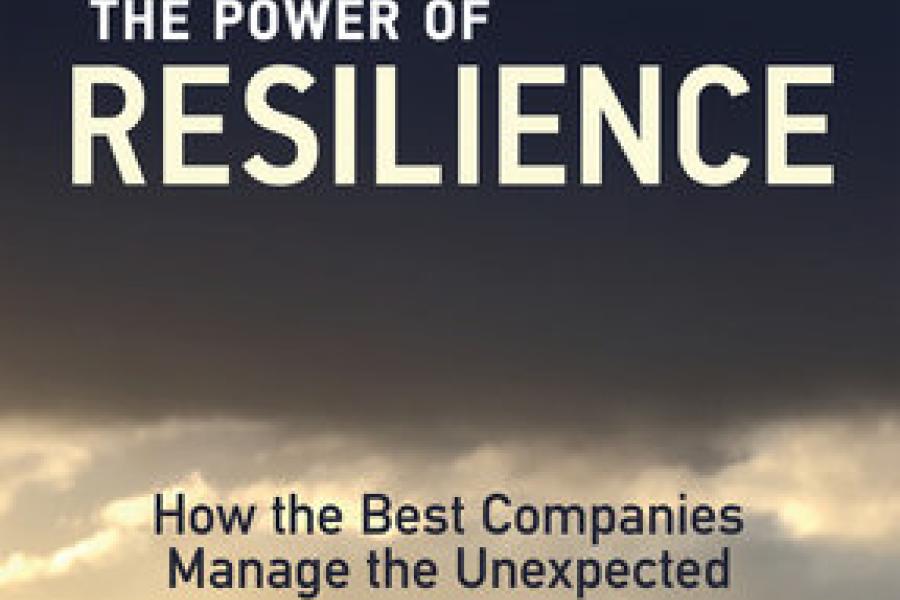At times like this, companies and supply chains rely on resilience—the ability to plan for, respond to, and recover from disruption while minimizing its impact on operations. Prof. Yossi Sheffi, Director of the MIT Center for Transportation & Logistics, has explored this topic extensively in his books The Resilient Enterprise: Overcoming Vulnerability for Competitive Advantage (MIT Press, 2005) and The Power of Resilience: How the Best Companies Manage the Unexpected (MIT Press, 2015). These works remain highly relevant, offering insights for business and supply chain leaders navigating today’s increasing risks and uncertainties.
In The Resilient Enterprise, Sheffi argues that a company’s survival and prosperity depend more on what it does before such a disruption occurs than on the actions it takes as the event unfolds. He explains how investments in supply chain resilience can lead to competitive advantage and provides practical tools companies can use to reduce their supply chain vulnerability. Readers also learn from compelling stories about how enterprises like Toyota, General Motors, UPS, Intel, Amazon.com, and the US Navy prepare for and manage disruptions.
The Power of Resilience positions supply chain risk management as a balancing act between the risks involved in new products, new markets, and new processes—all crucial for growth—and the resilience enabled by advanced risk management. Sheffi shows how unexpected and catastrophic events in one part of the world can bring global supply chains to a standstill, affecting operations and customers everywhere. For that reason, he argues, modern enterprises need innovative processes and tools to promote corporate resilience and risk management. Case studies, such as Intel’s actions following the 2011 tsunami and earthquake in Japan, illustrate how companies have prepared for, coped with, and come out stronger following disruption.
For more information about The Resilient Enterprise and The Power of Resilience, including reviews and where to purchase them, go to https://sheffi.mit.edu/books.
